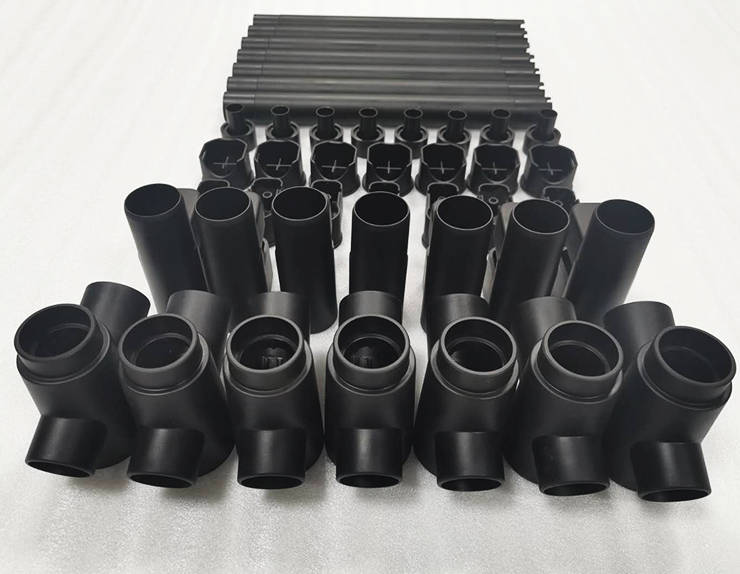Bolstering its repertoire of on-demand manufacturing technologies, China-based PCBWay has added a vacuum casting service to its lineup.
In vacuum casting, liquid resin is poured into a mold under vacuum. The process is especially useful for molds that are prone to trapping air, such as those with undercuts or fine details, as the vacuum eliminates all air bubbles.
As such, vacuum casting is often used for applications like product testing, prototyping, and small-batch production in industries like consumer electronics and robotics. This is because it results in parts that exhibit high degrees of precision and detail, with surface finishes that are comparable to injection molding. You’ll also see vacuum-cast parts in the dental and medical industries, as well as in more industrial use cases, like automotive and aerospace.

Another benefit of vacuum casting is users’ ability to fine-tune the flexibility, hardness and rigidity of their parts, with different resins offering different properties. Here, PCBWay offers both ABS (for parts that need good impact strength, and thermal and mechanical properties) and PC (for parts requiring higher degrees of accuracy, durability, or strength).
Additionally – and because PCBWay’s service utilizes silicone molds rather than those made of aluminum or steel – vacuum casting comes cheaper compared to other forms of casting.
As usual with PCBWay’s services, users who order vacuum-cast parts can choose from a variety of surface finishes, including spray-painting, polishing, electroplating, and glazing. However, they’ll need to stick to a few part design guidelines to ensure their parts are as high-quality as possible.
To ensure proper mold filling, for example, a minimum wall thickness of 0.75 mm is required, although a thickness of 1.5 mm is recommended for optimal results. Part size is constrained by both the vacuum chamber’s dimensions (1900 x 900 x 750 mm) and a maximum product volume of 10 L.
When you’re ready, you can submit a part’s design file, specify details like tolerances, threads, and tapped holes, then request a quote. Typically, a single mold can produce up to 25 copies, although PCBWay promises up to 10 copies with a 15-day lead time. For more on PCBWay’s vacuum casting service, visit its website, where you can find more details.
Read more recent news:
 Stay Informed, Save Big, Make More
Stay Informed, Save Big, Make More